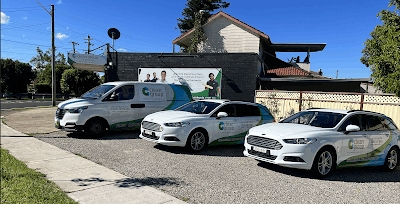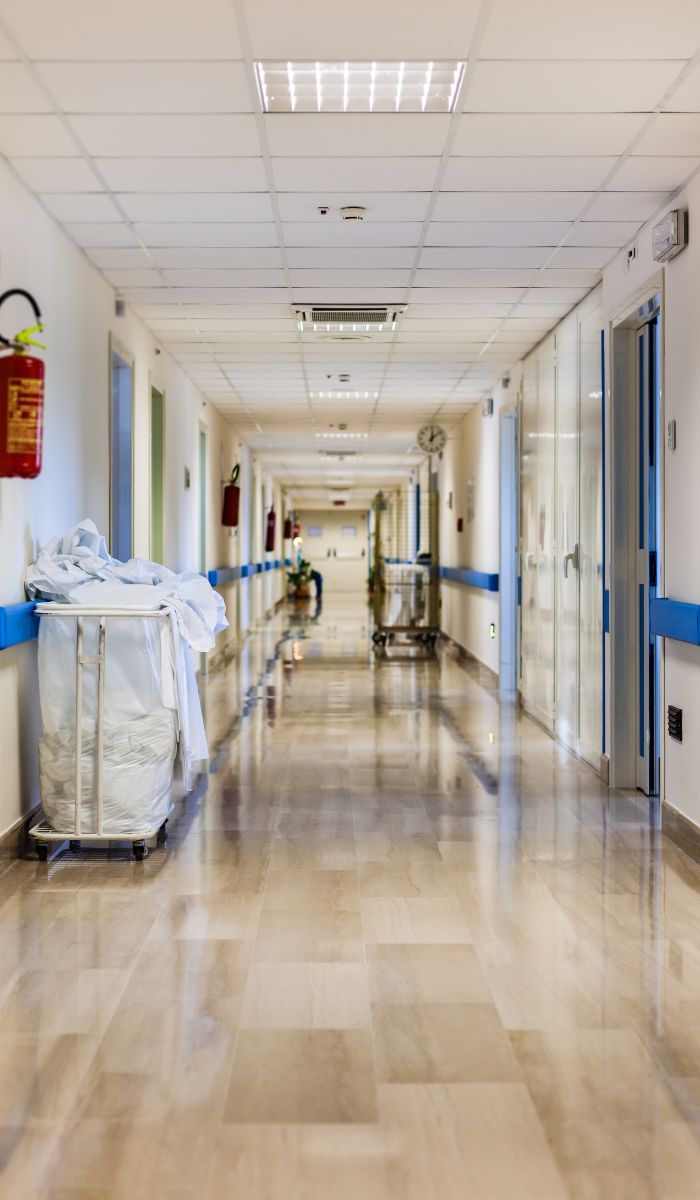
A Complete Guide to Commercial Cleaning Services for Offices
What services are offered for real estate property cleaning?
The growing importance of hygiene and cleanliness has led to increased demand for specialized cleaning services in diverse sectors. In the food service industry, for example, commercial cleaning companies must meet high standards of food safety and sanitation. Restaurants, kitchens, and food production areas require cleaning methods that adhere to strict hygiene codes, including sanitizing surfaces that come into contact with food and ensuring that pest control measures are in place. The use of non-toxic cleaning products that meet food safety regulations is crucial to avoid contaminating food products and creating health hazards.
In parallel, the demand for commercial cleaning companies to demonstrate a commitment to sustainability and environmental responsibility is expected to rise. Clients, especially those in the retail, hospitality, and corporate sectors, are increasingly looking for service providers that prioritize eco-friendly practices. This includes using biodegradable and non-toxic cleaning agents, reducing water and energy consumption, and ensuring that cleaning processes have minimal environmental impact. Additionally, many companies are opting for "green certifications," which serve as proof that cleaning providers meet specific environmental and sustainability standards. Clean Group provides comprehensive and professional Commercial Cleaning Sydney across Sydney, NSW. Our fully insured, trained, and security-verified cleaners ensure your workplace stays spotless and hygienic. Schedule a free onsite quote today—book online or call us at 02 9160 7469. Get your obligation-free commercial cleaning estimate for offices, buildings, and other business spaces in Sydney.. To meet these rising expectations, cleaning companies are investing in environmentally conscious technologies and practices, and as awareness of environmental issues continues to grow, this trend is expected to become even more prominent.


